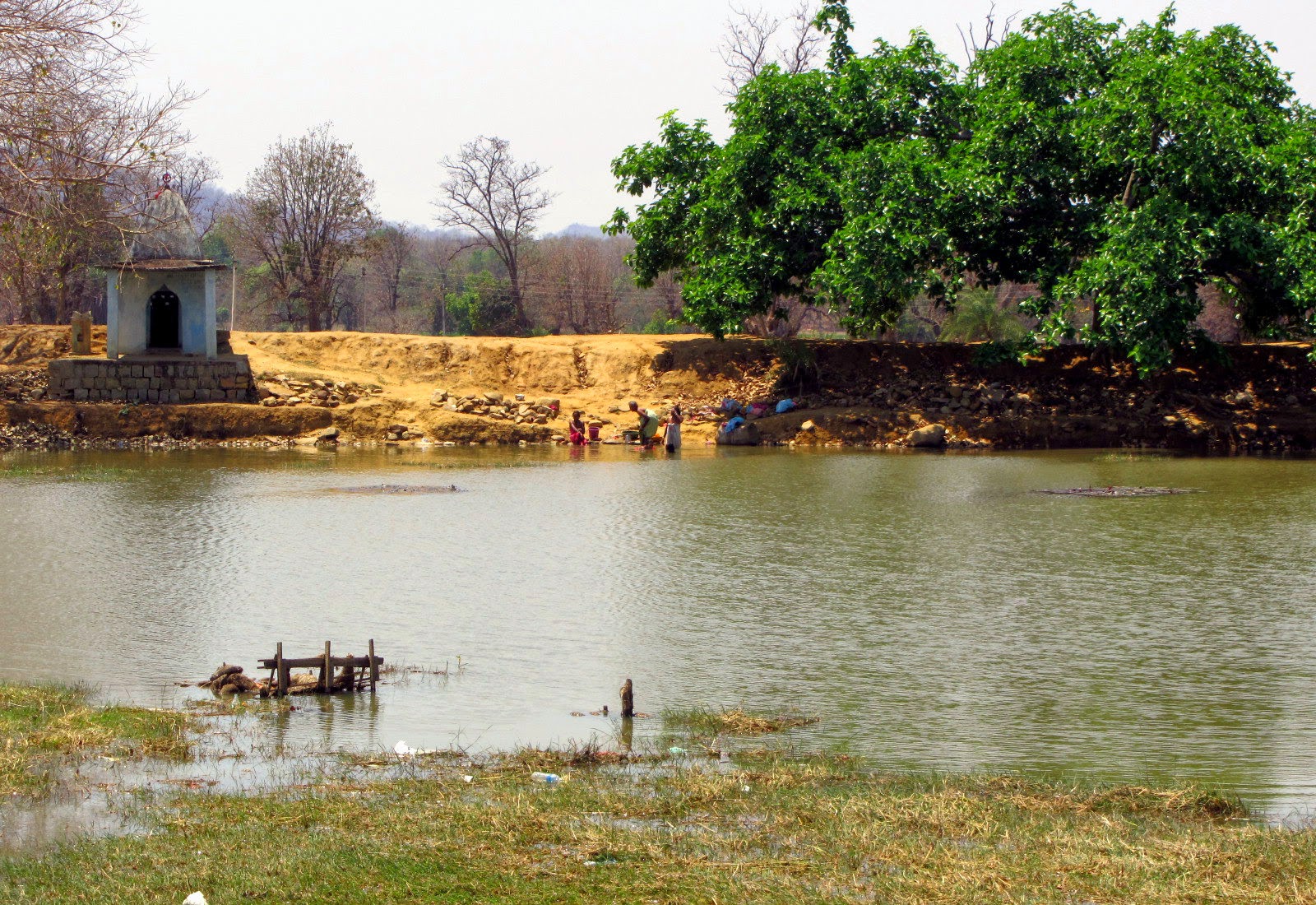How was 2015? Sharing here a few leaves out of my diary that's full of memories - of traveling and story-telling.
January
With Village Women who Fight Traffickers
The first trip of the year took me to the villages of Lambadi
people (a Nomadic tribe) in Mahabubnagar district of Telangana. Not so long
ago, these villages were a notorious hub for sale and trafficking of baby girls.
But today, local women are ensuring that every girl goes to school. They also fighting
against child labor and child marriage. Here you can read their inspiring story - Not Without Our Daughters: Lambada Women Fight Infanticide and Child Trafficking.
February
Telling stories of India’s Development Refugees
In February, I met men, women and children of Koya and Konda
– primitive forest tribes living in India’s Eastern Ghat mountain. Soon,
thousands of them will become refugees as a mega dam is coming up in their
homeland. Here is the link to their story 'Development refugees' resist Indian dam
But even as uncertainty is looming large over their future,
the tribal community is learning skills that will keep them food-secure even in
the most adverse situation. Here you can read that story "In the Shadow of Displacement, Forest Tribes Look to Sustainable Farming"





